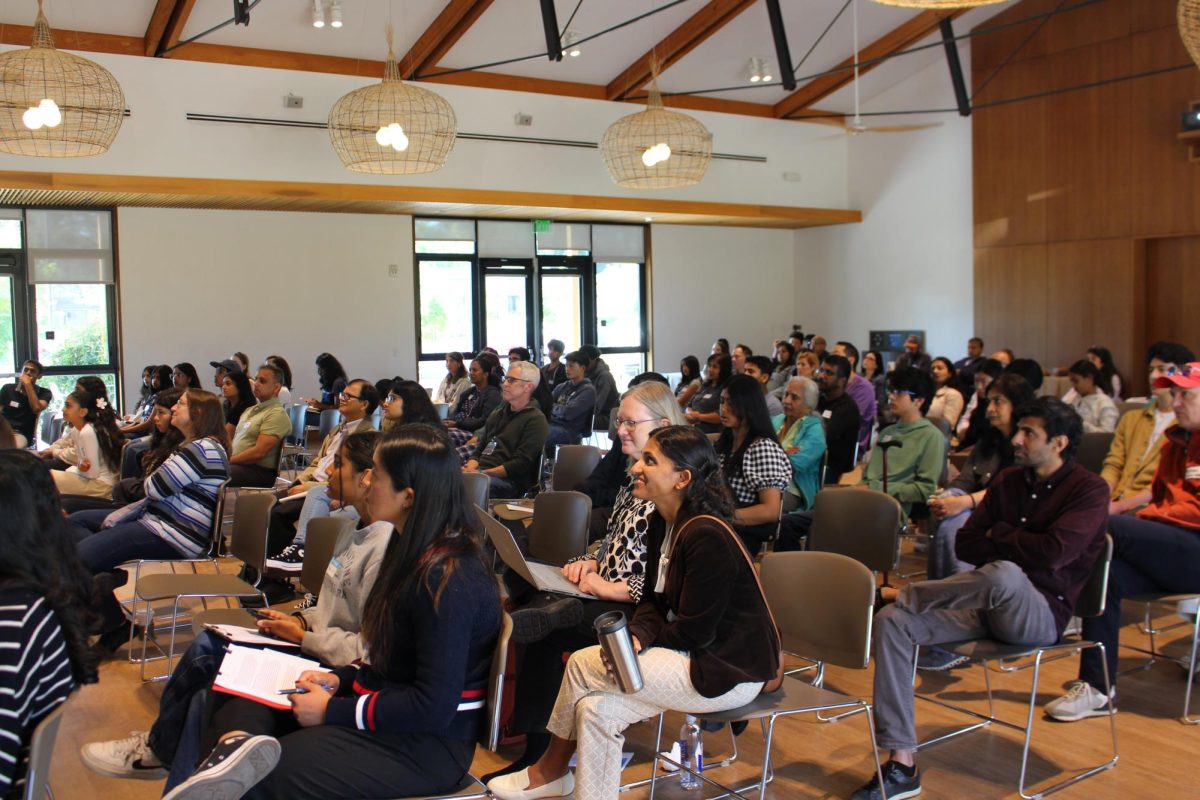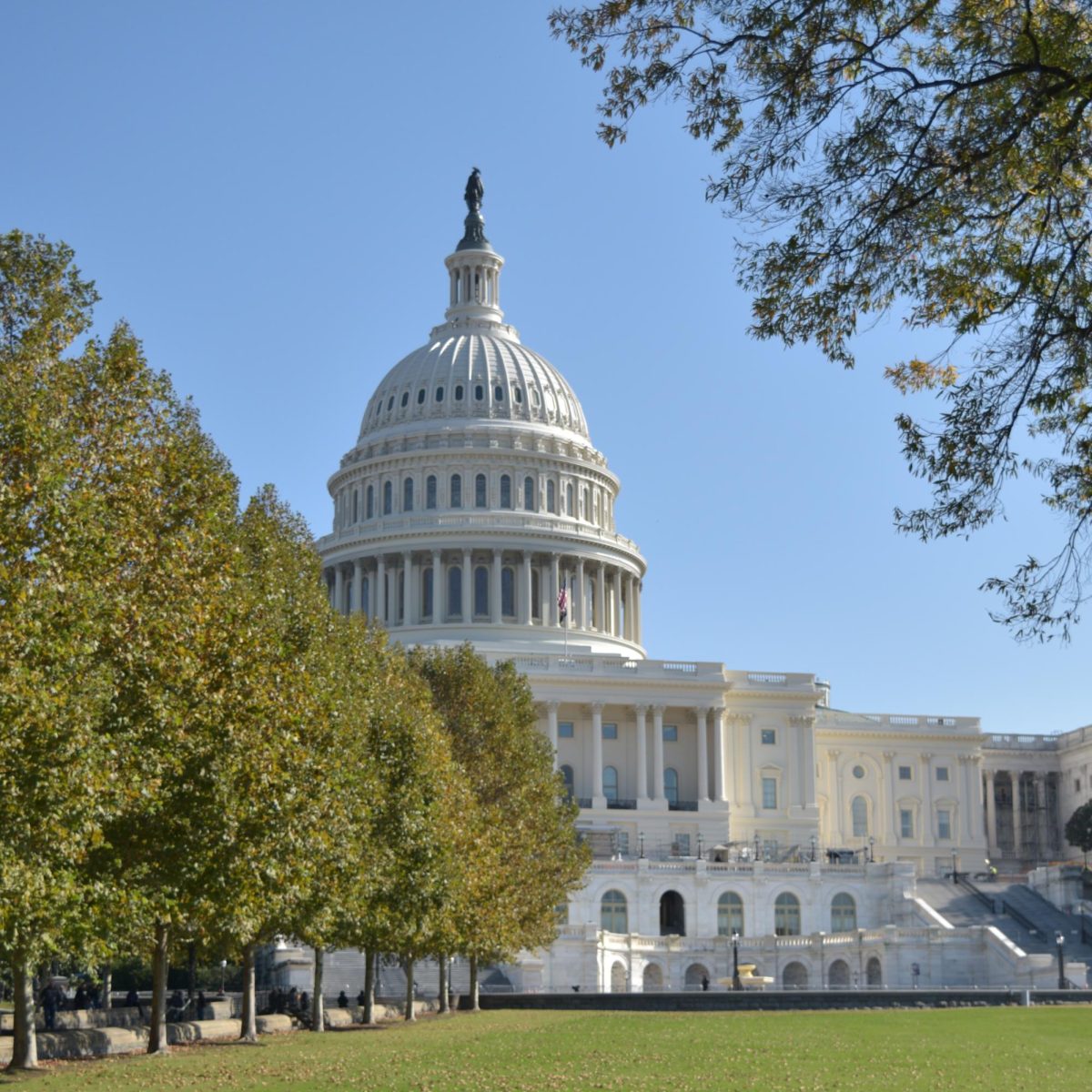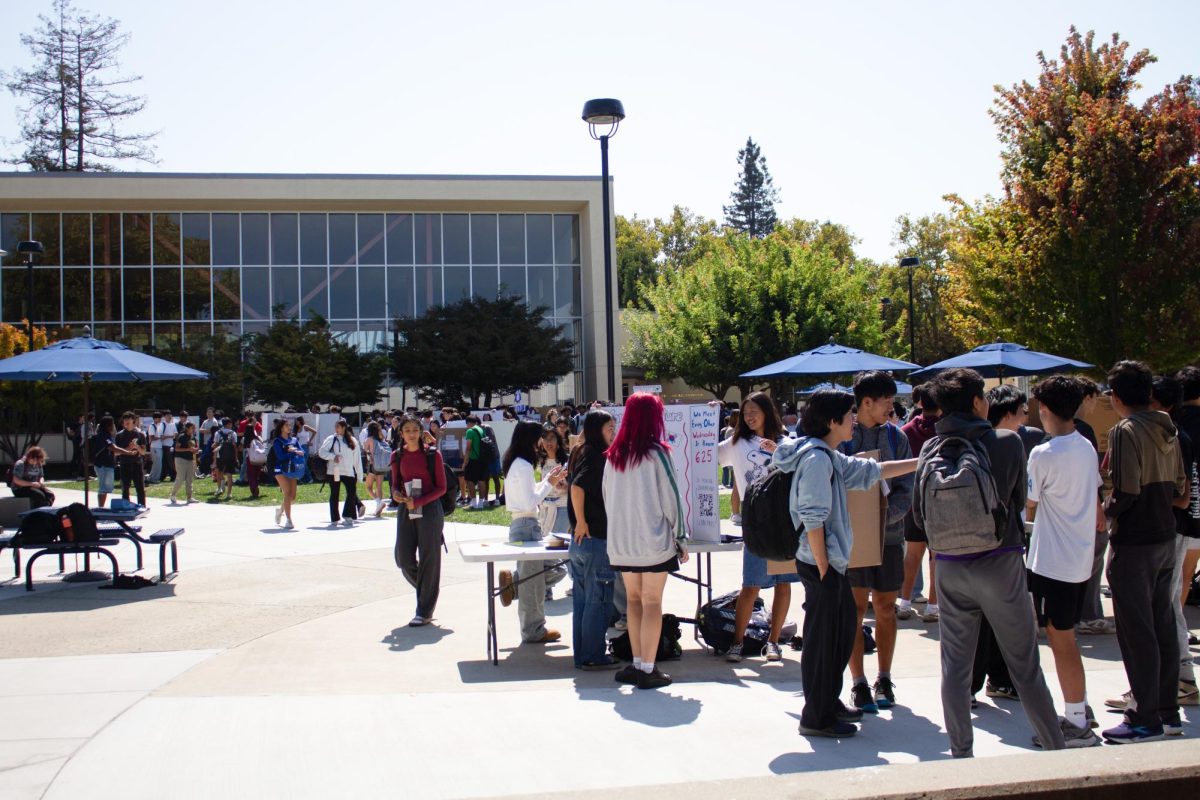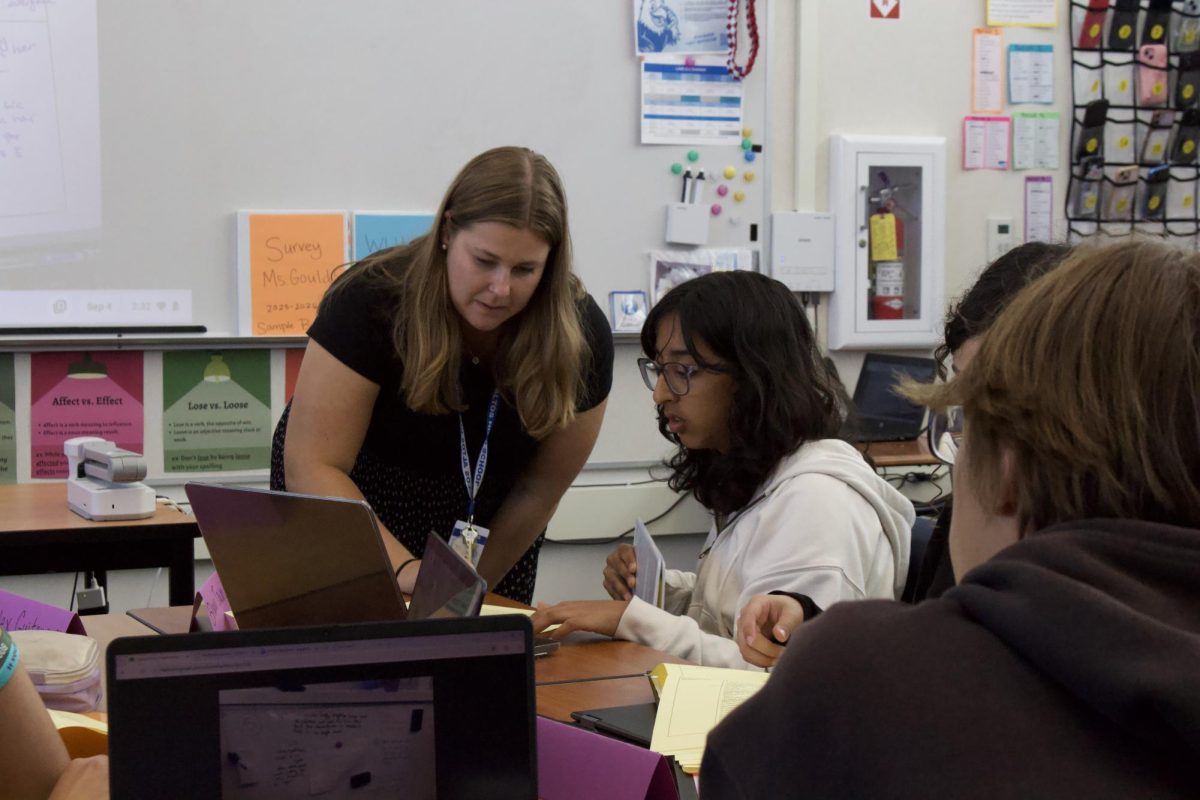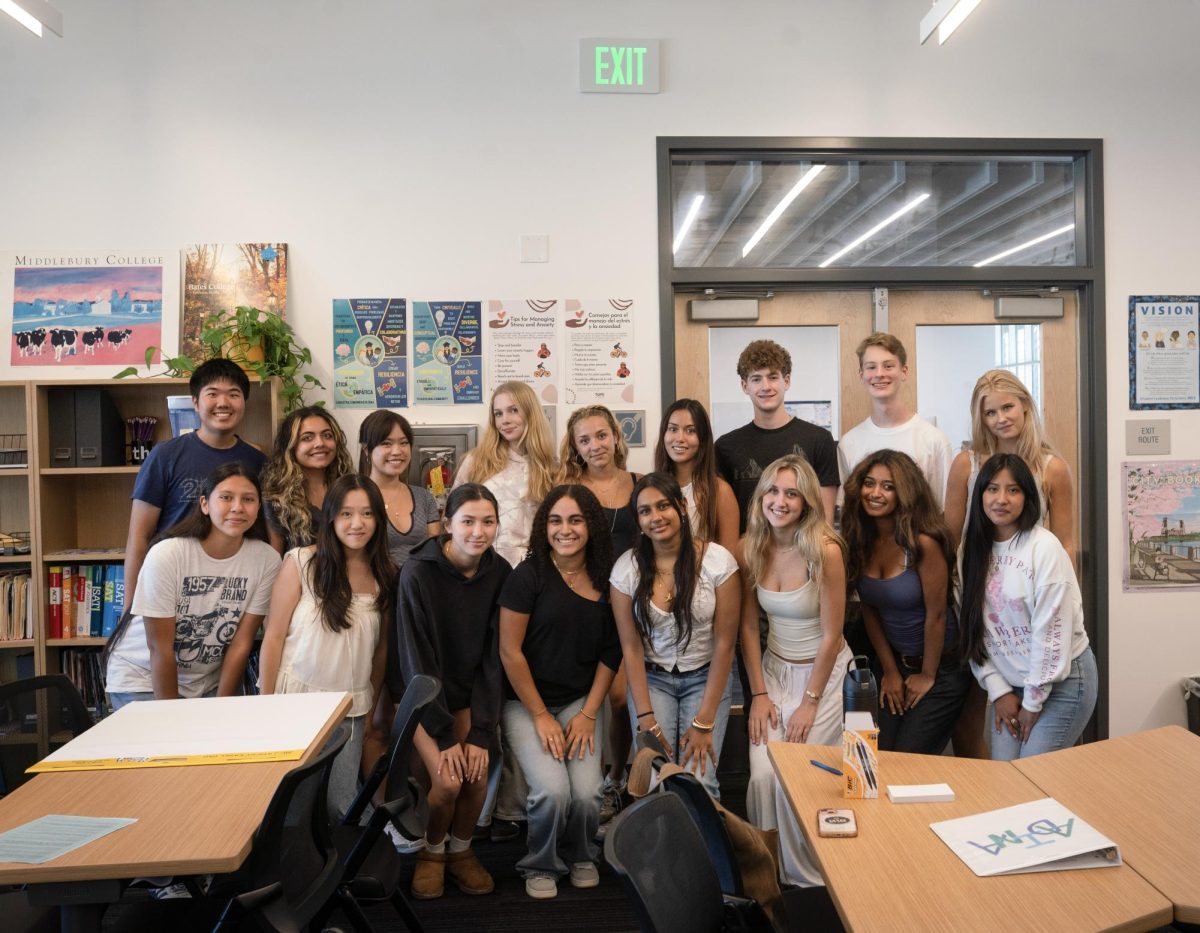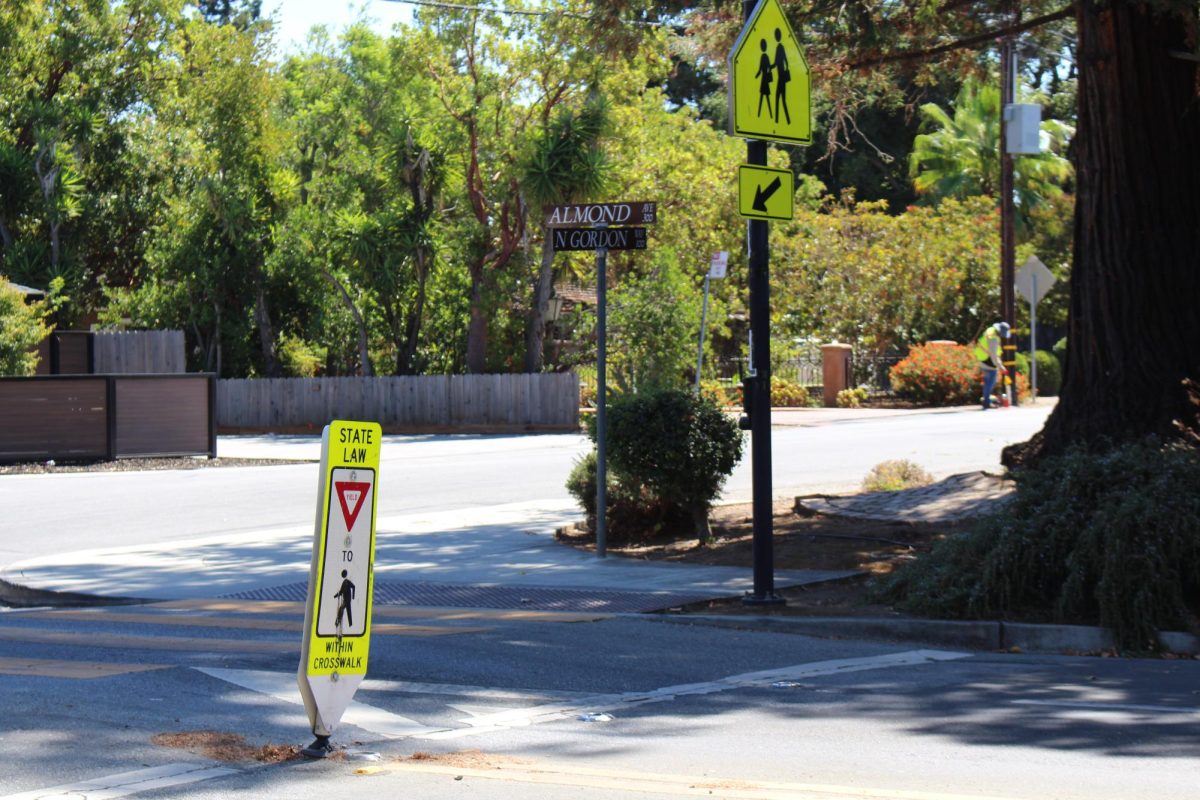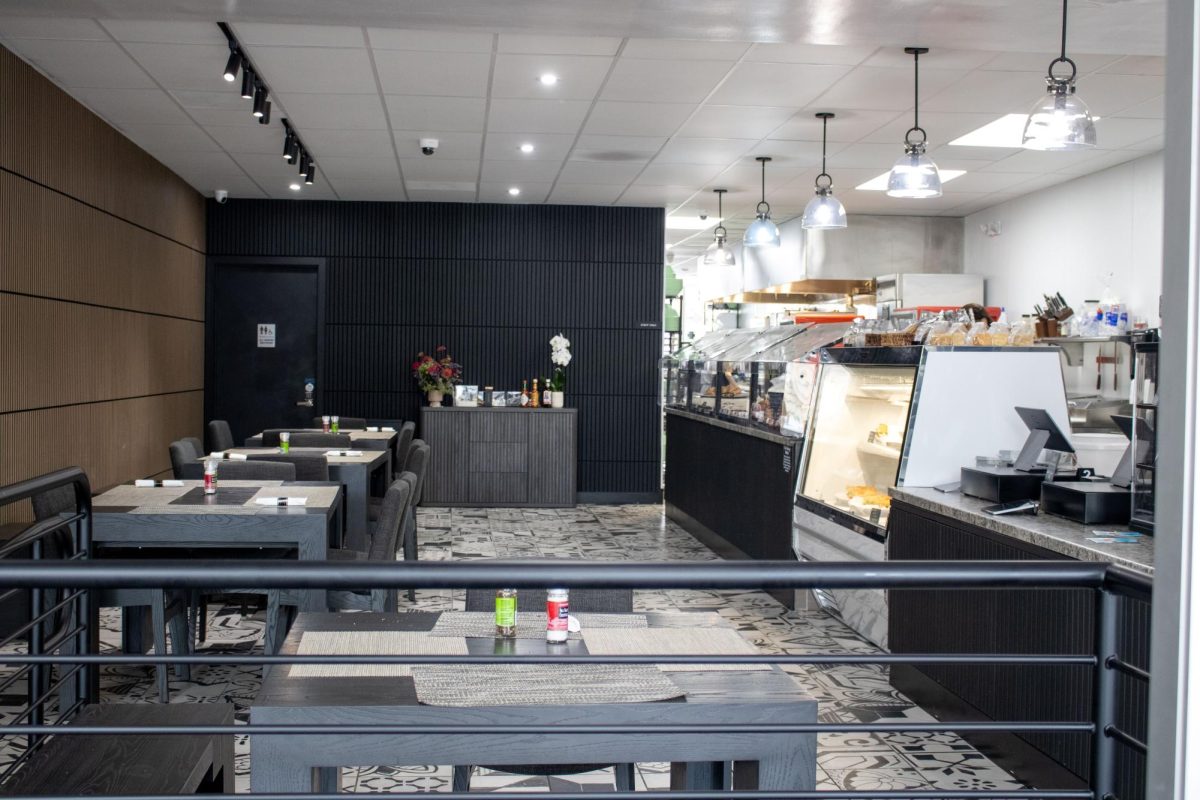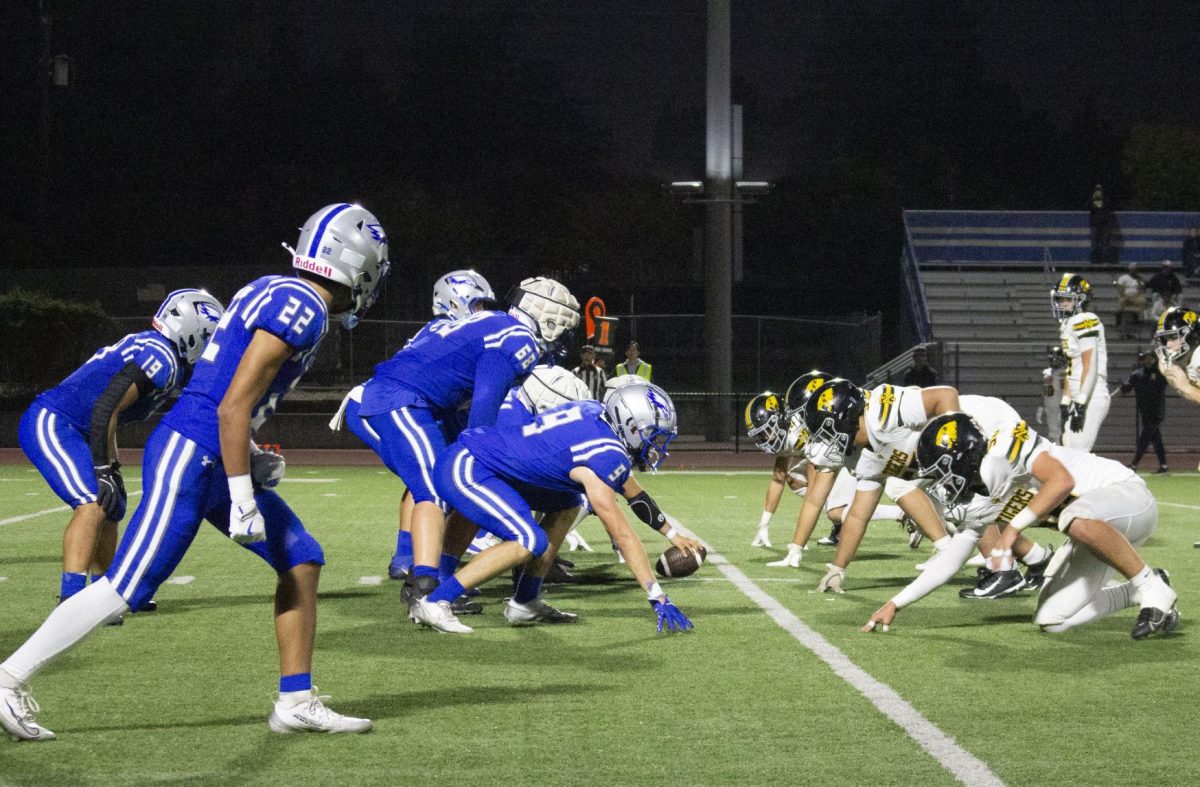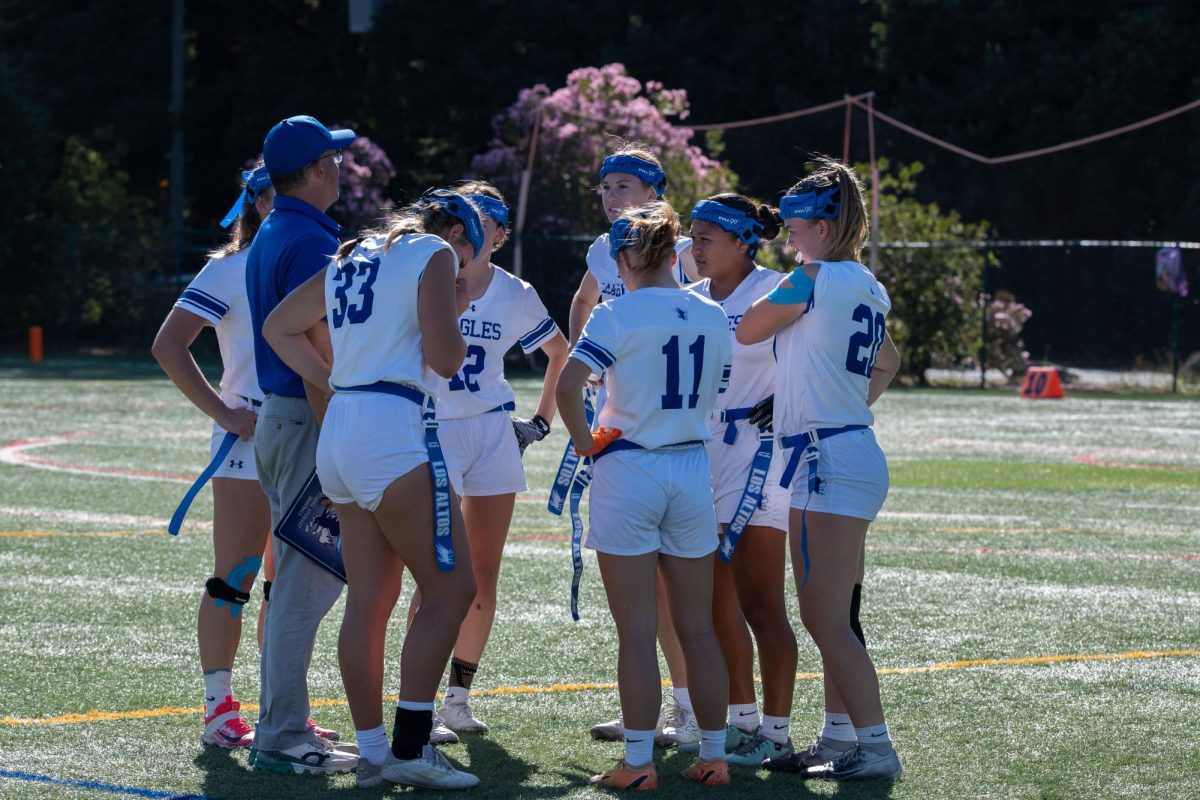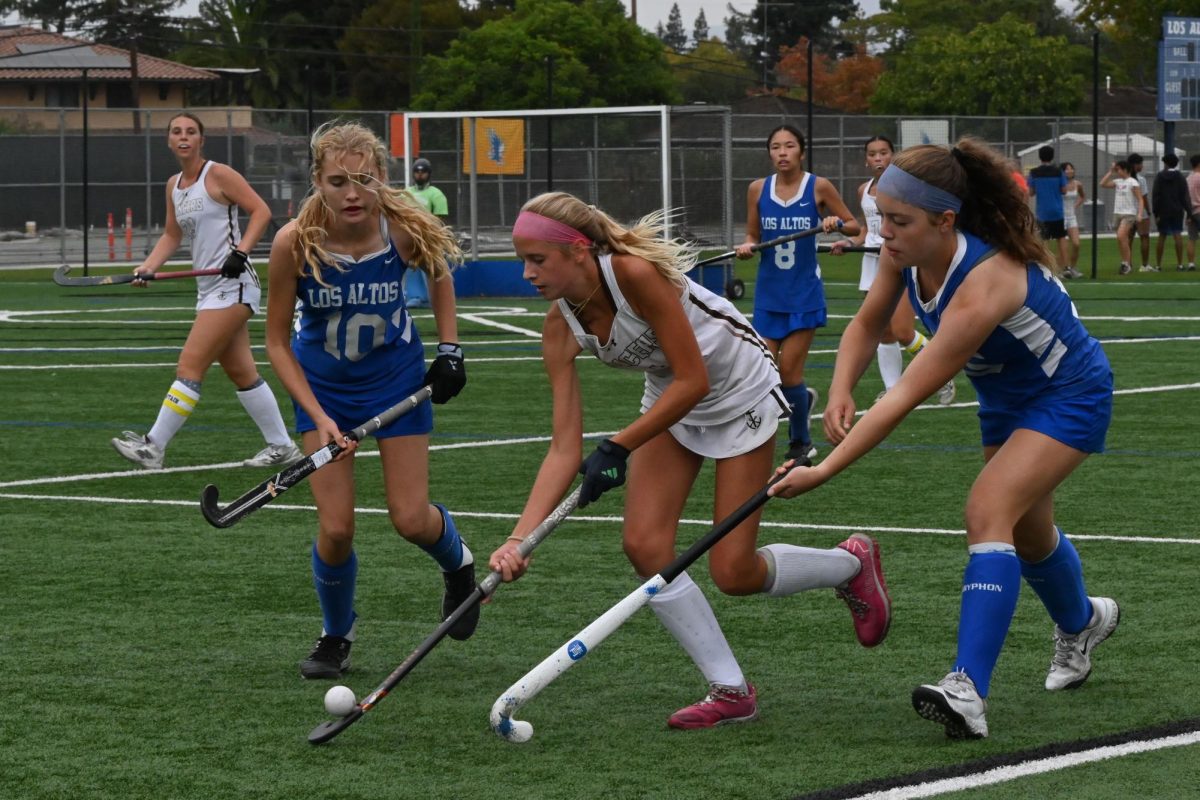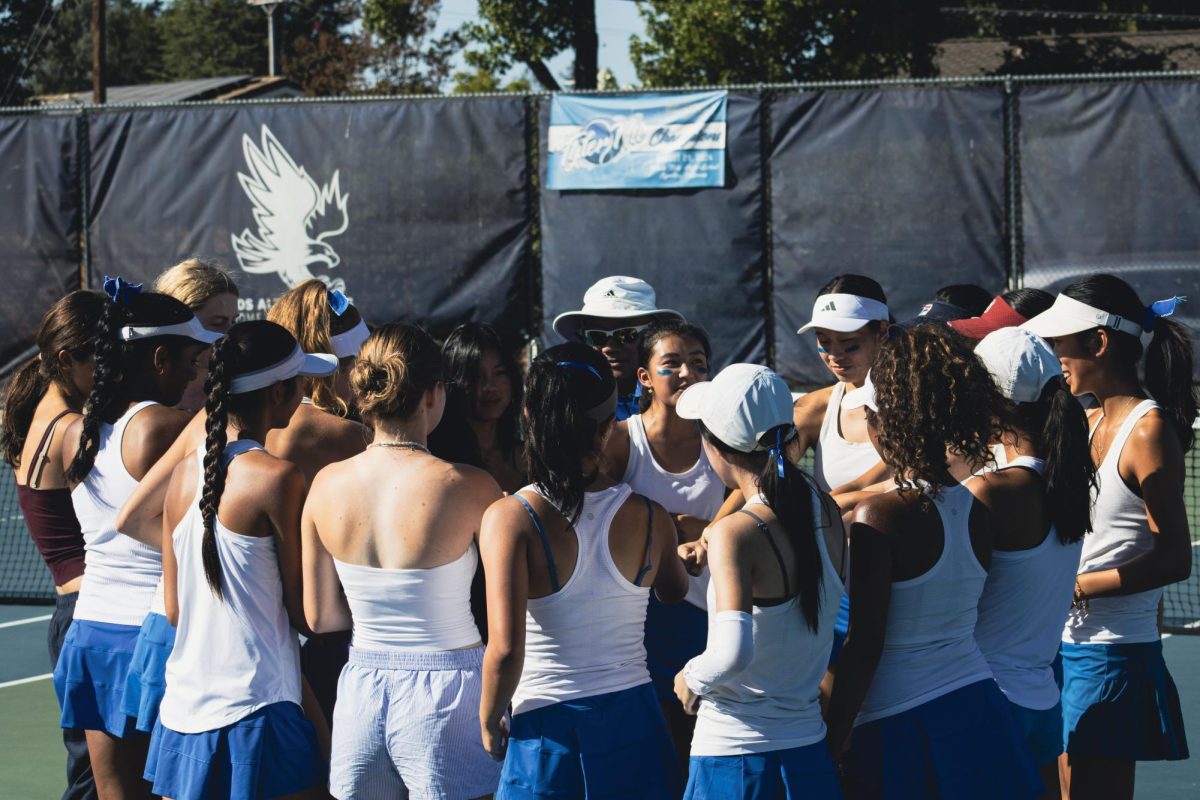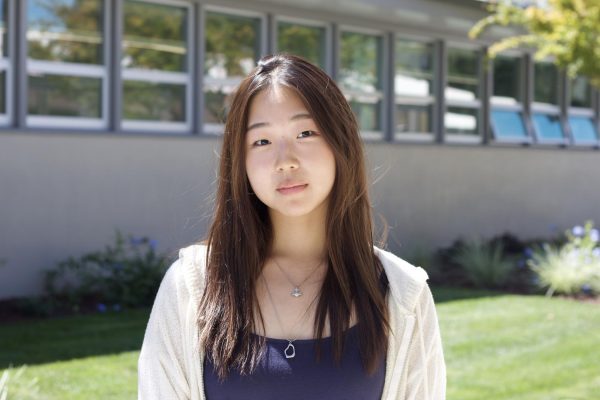The Los Altos High School Genetics Club held a symposium at the Los Altos Community Center on Sunday, May 19, featuring speakers who shared their insights and experiences in the field of genetics to the audience of more than 100 attendees.
Club president junior Shreya Goyalpatel has worked on the symposium since December of last year to expand this generation’s knowledge on genetics. With how much genetics has progressed in society, the club hoped to provide the audience with a tool to expand connections to experienced scientists.
“One thing that I’ve always struggled with is that I knew I wanted to do medical science, but didn’t want to be a doctor,” Shreya said. “So I think the genetics symposium is a way to learn more about fields within science that don’t involve getting an MD.”
“There are so many advances in genetics these days” vice president junior Ayana Modi said.“With CRISPR, and all these new techniques, it’s important to promote learning on genetics.”
The symposium kicked off with a brief introduction from Shreya, who explained the basics of genetics to the audience — who ranged from children to seniors. Dr. Michael Snyder, the chair of the genetics department at Stanford and the co-founder of multiple genomics companies like Qbio, delivered a descriptive talk on his works in different research.. The speech ended with a short period of questions from the audience.
“Dr. Snyder was able to relate all the information back to us,” volunteer sophomore Anika Vittal said. “I’m really happy it came together like this.”
Following Snyder was Dr. Brooks Boyd, the executive director at Union Chimique Belge (UCB) — a global pharma company — with a talk on genetics and pharmaceutical development. He provided information on the stages of drug development and talked about novel therapeutics involving genetics.
The event then transitioned into breakout sessions after refreshments. Breakout topics included medical genetics, agricultural genomics and genetic counseling.
Rebecca Levy, a neurology postdoctoral scholar at Stanford University and Jacinda Sampson, a clinical professor in neurology at Stanford University, hosted the medical genetics breakout room. They went into detail about investigating neurogenetic therapies in diseases such as epilepsy.
Christine Diepenbrock, an assistant professor at the University of California, Davis held the agricultural genomics session. Her breakout session was more interactive, and attendees participated in an activity to learn about mutations and variants — making the “best” corn for maximum corn production. This transitioned into a talk about how scientists use genetic tools to modify foods.
Carly Siskind, a clinical associate professor affiliated with Stanford, and Anusha Klinder, a genetic counselor for Inherited Cardiovascular Disease at Stanford, hosted the genetics counseling room. Attendees learnt about investigating families affected by genetic disorders and helping them understand the implications of the disease.
The event concluded with a panel discussion, where all six speakers sat in a row to address final questions.
“I appreciate that there are these opportunities to explore different avenues of genetics. I didn’t have that opportunity when I was in high school,” Siskind said.
For more information and opportunities to enhance learning on genetics, join the Genetics Club at LAHS next year on Mondays in room 712 or find them on instagram at @lahsgeneticsclub.



